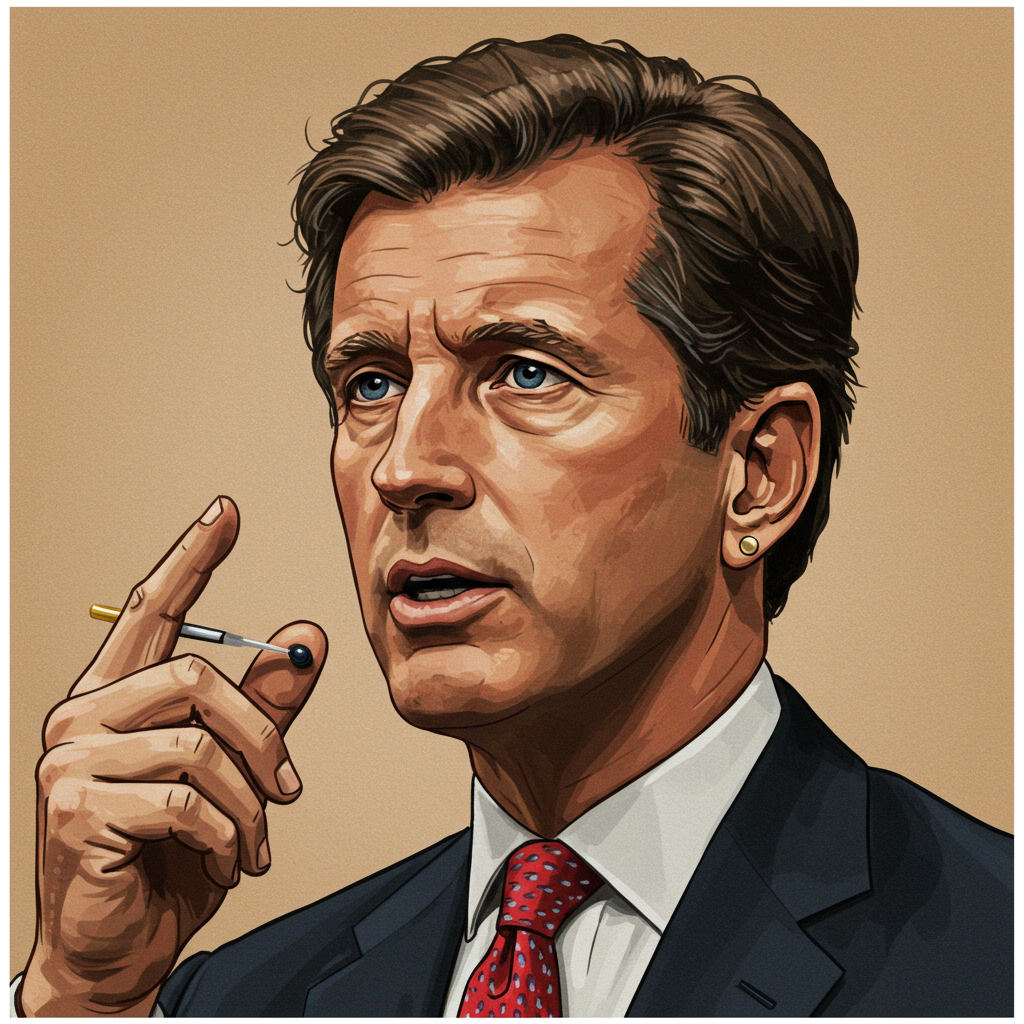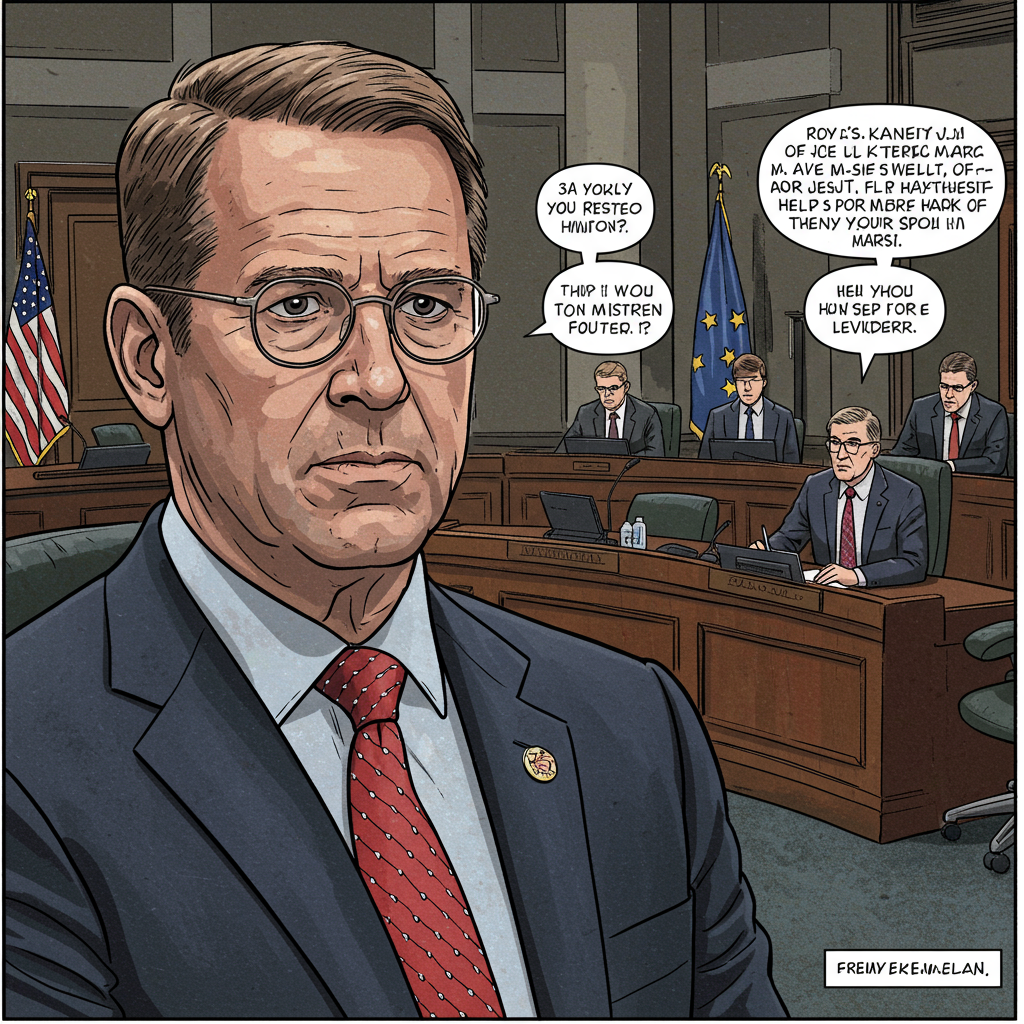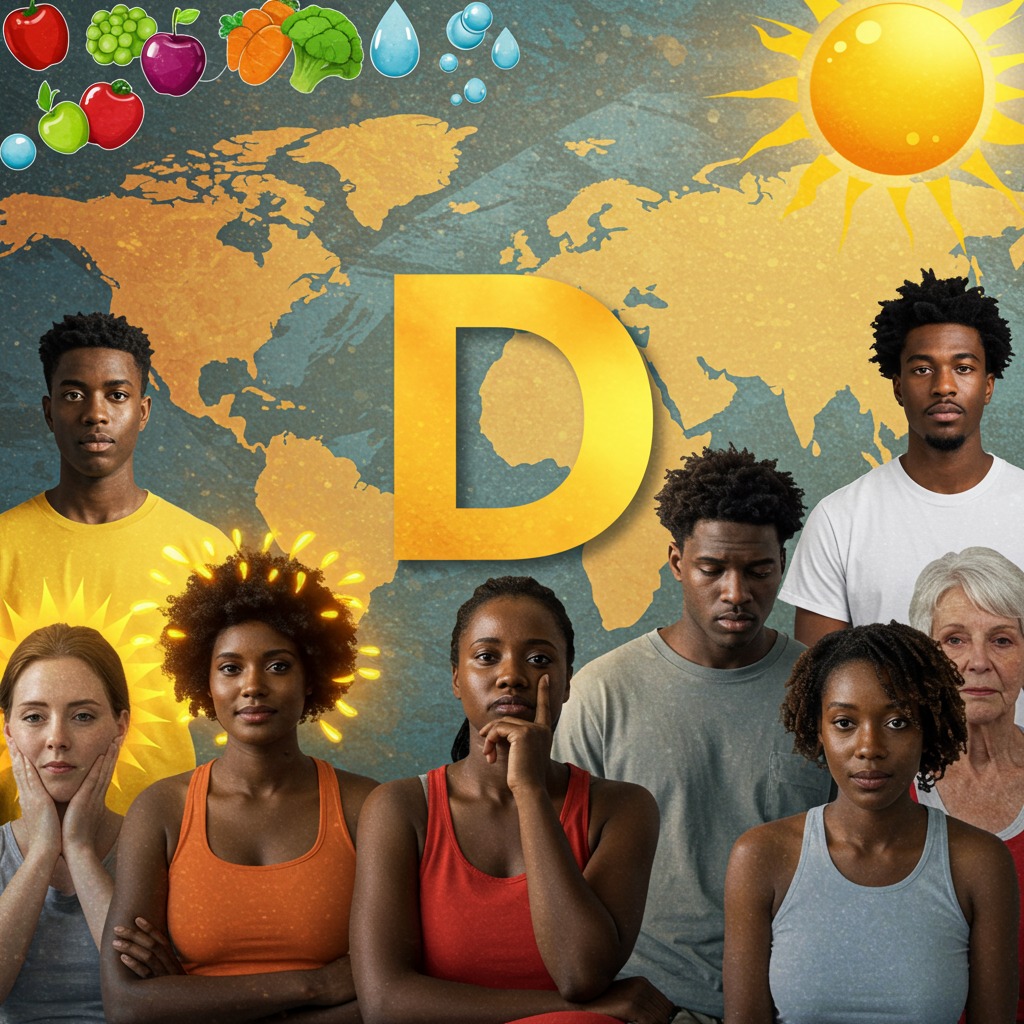Robert F. kennedy Jr., stepping into the role of US health Secretary, often invokes a potent adage: “A healthy person has a thousand dreams, a sick person only has one.” He applies this to the state of the nation, asserting that a vast majority—60% of Americans—are tethered by chronic illness, limiting their aspirations to simply regaining health. This declaration forms the bedrock of his ambitious mission: to dramatically improve public health and “Make America Healthy Again” (MAHA).
His central focus targets a widespread epidemic of chronic conditions encompassing everything from obesity and diabetes to heart ailments. Many public health experts across the country echo his assessment of the sheer scale of this health crisis in the United States. However, Kennedy’s approach is anything but conventional, stirring significant debate and controversy. His past includes promoting scientifically unfounded health claims, such as linking tap water chemicals to transgender children or suggesting COVID-19 targeted specific ethnic groups. Furthermore, his initial actions upon taking office, including substantial job cuts at the Department of Health and Human Services and eliminating key programs at the Centers for Disease Control and Prevention (CDC), have raised alarm among public health veterans.
The Clash: Ambition Meets Established Science
The arrival of a federal official prioritizing chronic disease is viewed by some, like retired NYU public health professor Marion Nestle, as “extraordinarily exciting.” Yet, Nestle also expresses deep concern that simultaneously dismantling federal public health infrastructure appears contradictory and counterproductive to this very agenda. Kennedy faces intense criticism from parts of the medical and scientific community. Dr. Amesh Adalja, an infectious disease doctor and senior scholar at Johns Hopkins University, reportedly described him with harsh terms.
Despite the sharp opposition, some critics acknowledge Kennedy brings a level of drive to neglected healthcare areas. This raises a pivotal question: can a figure who attracts such scorn potentially initiate positive change in America’s health landscape? His mission involves taking on powerful players, particularly large corporations.
Challenging the Food Industry on Additives
Long before his cabinet appointment, Kennedy had already set his sights on multinational food companies. He has publicly accused them of harming American children with artificial additives, many of which are prohibited in other nations. “We have a generation of kids who are swimming around in a toxic soup right now,” he once claimed, criticizing the chemicals present in processed foods.
His initial policy pushes targeted food colorings, with an aim to phase out petroleum-based dyes by the close of 2026. Chemicals like Green No. 3 and Red No. 40 have been associated with behavioral issues in children, such as hyperactivity, and certain animal studies have indicated potential links to cancer. This focus resonates with supporters of the MAHA movement. Vani Hari, a food blogger and influential voice, sees regulating chemicals as a crucial step toward reducing reliance on processed foods.
This pressure appears to be yielding some results. For example, PepsiCo recently indicated plans to remove artificial colors from popular snacks like Lays crisps and Tostitos. Kennedy secured a voluntary agreement with the industry, though this followed several states, from California to West Virginia, beginning to enact their own bans. Professor Nestle notes that state-level actions compel companies to change formulations nationally to avoid managing separate product lines for different regions.
More recently, Kennedy has supported a significant proposed food bill in Texas. This legislation could mandate prominent warning labels on products containing ingredients not recommended for consumption in countries like Australia, Canada, the European Union, or the United Kingdom. The Consumer Brands Association, representing major food manufacturers, opposes this, asserting the safety and rigorous study of US food ingredients. Such a bill’s passage in a state like Texas would likely require strong political backing from figures like Kennedy and President Trump. Hari believes the focus on food dyes could soon make them a historical footnote.
Beyond Additives: Dietary Shift and Systemic Barriers
While tackling additives is seen as progress by some, other experts argue it only addresses a minor aspect of a much larger problem. Nicola Hawley, a professor of epidemiology at Yale School of Public Health, contends these actions are “a drop in the ocean” concerning chronic disease. She highlights a perceived overemphasis on personal choice and access to natural foods, which overlooks major “systematic and structural barriers” like poverty and the aggressive marketing of unhealthy food to children. Government policies, such as substantial subsidies for corn and soybeans – key ingredients in processed foods – are also cited as contributing factors ignored by this narrower focus.
Kennedy’s agenda also includes updating the national dietary guidelines, an influential document shaping everything from school lunches to assistance programs. Expected changes include recommendations for less added sugar and more locally-sourced whole foods. He has also advocated for states to restrict the use of food stamps, a welfare benefit, for purchasing junk food and sugary drinks.
The Water Fluoridation Controversy
Another area where Kennedy has taken a controversial stance is the addition of fluoride to drinking water. He has described it as a “dangerous neurotoxin” and backed local efforts to stop the practice. Fluoride is used in some areas to prevent tooth decay, and while debate exists regarding potential health effects, reviews like those cited by the NHS have found “no convincing evidence” supporting common concerns at typical levels.
The Vaccine Debate Heats Up
The most contentious aspect of Kennedy’s public health role involves vaccines. The CDC lists vaccination among the greatest public health achievements of the past century, crediting it with preventing millions of deaths and disabilities annually. However, Kennedy is widely known for his long-standing scepticism regarding vaccine safety and efficacy. His former group, Children’s Health Defense, frequently questioned vaccination practices. He notably defended disgraced British doctor Andrew Wakefield, whose research falsely linked the MMR vaccine to autism, contributing to measles outbreaks.
Recently, Kennedy has sought to distance himself from the “anti-vax” label, stating he won’t remove access to vaccines and even supporting MMR vaccination during a measles outbreak in Texas. He also emphasizes vaccination as a “personal choice,” sometimes highlighting alternative treatments like vitamin A. Actions under his leadership have fueled further concern. A deal with Moderna for a bird flu vaccine was cancelled, and new rules could demand extra testing for updated seasonal vaccines. His announcement that the government would no longer endorse Covid vaccines for healthy children and pregnant women sparked debate, though some doctors noted this aligns US policy with countries like the UK.
Dismantling Advisory Panels
Perhaps the most alarming move for many experts was Kennedy’s sudden dismissal of all 17 members of the key CDC advisory committee on vaccine eligibility. He accused the panel of conflicts of interest and rubber-stamping new vaccines. A smaller, handpicked committee now holds significant power over critical immunization recommendations. Infectious disease experts like Dr. Amesh Adalja fear this signifies a “backsliding” that could render the panel increasingly irrelevant if shaped according to Kennedy’s views. His supporters, like Tony Lyons, argue this is about transparency and fighting corruption, not being against vaccines, positioning it as “pro-science, pro-capitalism” with an obligation to public safety.
It’s worth noting that discussions around declining vaccination rates in other developed countries, like the UK, often highlight practical barriers—such as difficulty booking appointments, getting time off work, lack of transport, or insufficient reminders—as significant factors alongside vaccine hesitancy. This suggests that focusing solely on vaccine safety concerns or perceived corruption may overlook critical logistical challenges impacting public health.
Reopening the Autism Question
Adding another layer of controversy, weeks after taking office, news emerged that the CDC would launch a research project revisiting the link between vaccines and autism, even hiring a noted vaccine sceptic, David Geier, to review data. This move directly contradicts decades of scientific consensus based on numerous international studies since Wakefield’s discredited paper, which have found no credible link between vaccines and autism. Researchers like Professor Eric Fombonne, an autism expert, state the science is “settled.”
Current understanding defines autism as a complex, lifelong spectrum condition with a strong genetic component. Experts largely attribute the diagnosed increase over time to broader definitions, better awareness, and improved screening, not environmental triggers. Yet, Kennedy has dismissed this, calling autism “preventable” and blaming a “mysterious environmental toxin” in air, water, medicines, and food for the increase. He initially pledged a swift research effort to find this cause and eliminate exposures. He also made controversial remarks describing many autistic children’s perceived limitations, sparking significant anger from the autism community. Kristyn Roth of the Autism Society of America described his rhetoric as “fear-based” and harmful, though some parents of children with profound autism have expressed understanding for his description of severe challenges. The administration has since adjusted the timeline for delivering research findings.
The Jury is Still Out
Ultimately, Robert Kennedy Jr.’s tenure as Health Secretary is relatively new. However, he has already initiated significant changes and posed fundamental questions about chronic disease that previous health secretaries have approached differently. He has undeniably brought political attention and a degree of bipartisan acknowledgement to the chronic illness issue.
His background as an environmental lawyer challenging large corporations appears to shape his current views, positioning him as someone unafraid to confront vested interests in the food and drug industries, maintaining firm support from President Trump. Tony Lyons views Kennedy as “uniquely qualified,” citing his history as a “corruption fighter” wanting companies to improve.
However, former federal food policy advisor Jerold Mande, now a nutrition professor at Harvard, expresses “great concerns.” He views Kennedy as an “imperfect messenger,” worrying that predetermined views lacking scientific evidence could lead to harmful solutions, particularly in areas like vaccination and tobacco control. Mande believes while Kennedy offers a “shot” at prioritizing chronic disease, its success hinges entirely on whether the chosen methods are grounded in science. For now, that remains uncertain.
Frequently Asked Questions
What is Robert F. Kennedy Jr.’s main health mission as US Health Secretary?
Robert F. Kennedy Jr.’s core mission, which he calls “Make America Healthy Again” (MAHA), is to combat the epidemic of chronic illness in the United States. He highlights that a majority of Americans suffer from these conditions and aims to improve public health dramatically to address this widespread issue.
What specific policies has RFK Jr. targeted concerning food additives and diet?
Kennedy has focused on reducing artificial additives in food, particularly challenging petrochemical-based dyes used in products for children. His actions include seeking voluntary industry agreements and supporting state-level bills like the proposed Texas legislation mandating warning labels for ingredients not recommended in other countries. He is also updating national dietary guidelines to promote less sugar and more whole foods and supports restricting food stamp use for junk food.
Why is RFK Jr.’s stance on vaccines and autism controversial?
Kennedy has a history of vaccine scepticism and has questioned vaccine safety. This contrasts with the scientific consensus that vaccines are safe and effective and that there is no link between vaccines and autism. His recent actions, such as dismissing the CDC’s vaccine advisory committee and initiating new research into vaccines and autism despite settled science, have drawn significant criticism from medical and scientific experts who fear these moves could undermine public health efforts.




